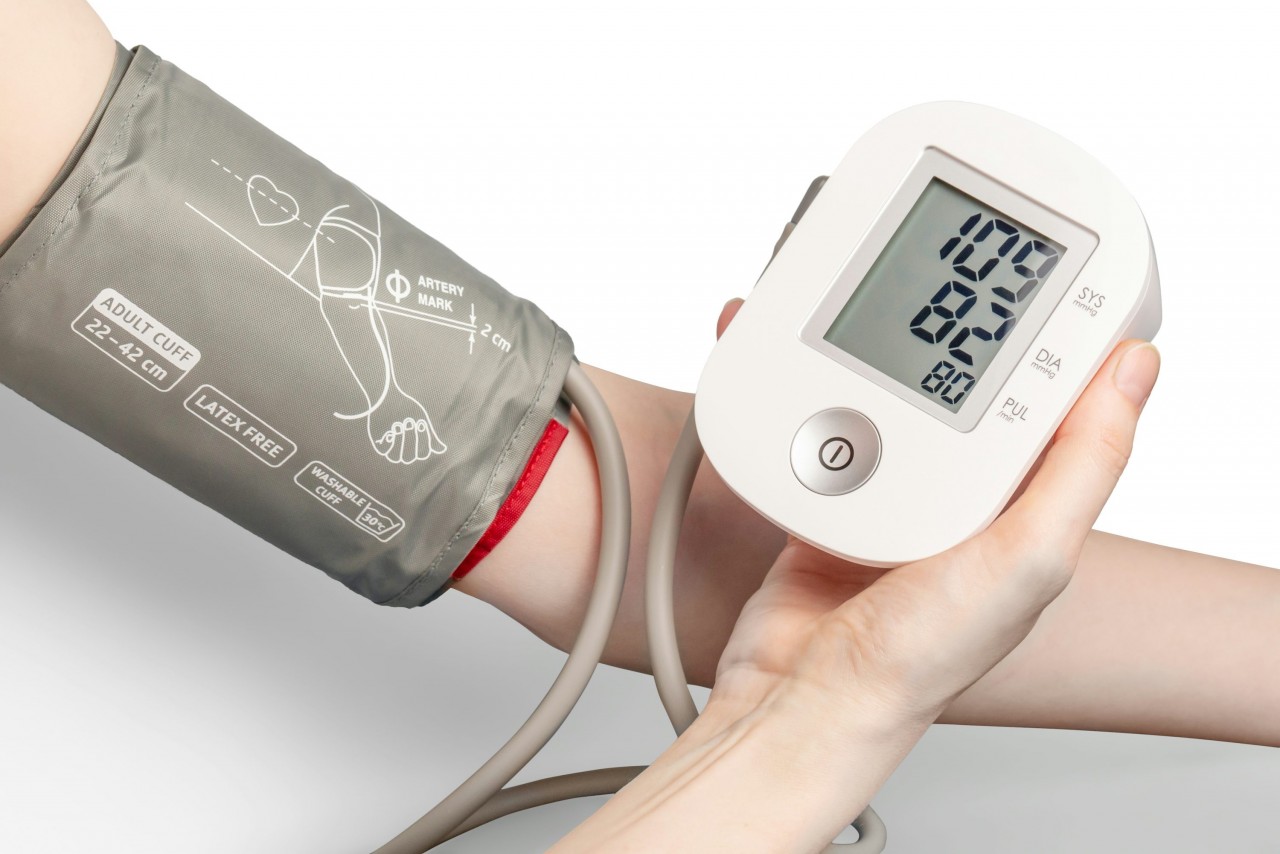Atrial Fibrillation
What is Atrial Fibrillation?
Atrial fibrillation is an irregular and often rapid heart rate that can increase your risk of stroke, heart failure and other heart-related complications.
During atrial fibrillation, the heart's two upper chambers (the atria) beat chaotically and irregularly — out of coordination with the two lower chambers (the ventricles) of the heart. Atrial fibrillation symptoms often include heart palpitations, shortness of breath and weakness.
Episodes of atrial fibrillation can come and go, or you may develop atrial fibrillation that doesn't go away and may require treatment. Although atrial fibrillation itself usually isn't life-threatening, it is a serious medical condition that sometimes requires emergency treatment.
It may lead to complications. Atrial fibrillation can lead to blood clots forming in the heart that may circulate to other organs and lead to blocked blood flow (ischemia).
Treatments for atrial fibrillation may include medications and other interventions to try to alter the heart's electrical system.

